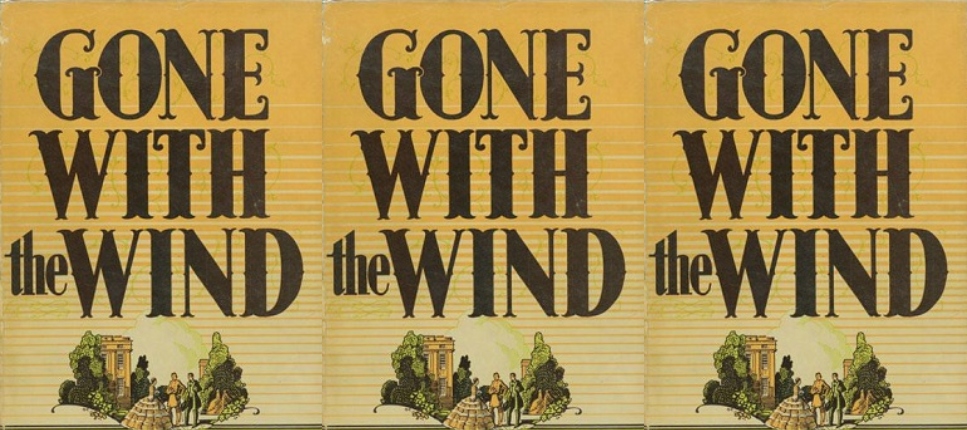Lit Hub Daily: May 3, 2023
THE BEST OF THE LITERARY INTERNET

-
“Who are the artists we haven’t heard from because of cultural constructs that suggest that true and worthy art separates itself from the quotidian aspects of domestic life?” Camille T. Dungy discusses gardening, nature writing, and the personal and political implications of making a home. | Lit Hub Nature
Article continues after advertisement -
James Crawford considers how literature has “explored, confronted, challenged, mocked, and unpicked” borders both real and imagined. | Lit Hub Criticism
-
What Hannah Matthews is reading now and next, from Not Too Late to Abolition Geography. | Lit Hub Annotated Nightstand
-
Herb Harris muses on the history of racial passing in America, and his own grandparents’ brief outings across the color line. | Lit Hub Memoir
-
“Her voice, so unlike any other, told the story of a France that did not usually presume to express itself.” Read Rachel Cusk on Annie Ernaux. | The New York Times Magazine
Article continues after advertisement -
On the bizarre—yet believable—history of PTO in Soviet Russia. | JSTOR Daily
-
“Does the job of novelist require some special quality, an invitation from God, or is it like most work, a set of skills that can be learned?” Rumaan Alam on the working life of Haruki Murakami. | The Nation
-
How A.I. learns to write by reading Jane Austen, Shakespeare, or Moby-Dick (among others). | The New York Times
-
“For all its wealth and devotion to the myth of the American Dream, the US allows many more of its citizens to live in poverty than other wealthy countries do.” On the literature of poverty in America. | The Guardian
-
“Ghosts flit by.” n+1’s editors consider the digital squares and walled gardens that have succeeded Twitter and the old media. | n+1
Article continues after advertisement
Also on Lit Hub: Jasmin Iolani Hakes on the new meaning of summer reading • Mark Ernest Pothier on persisting in writing and in life • Read from Max Porter’s latest novel, Shy



















